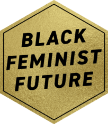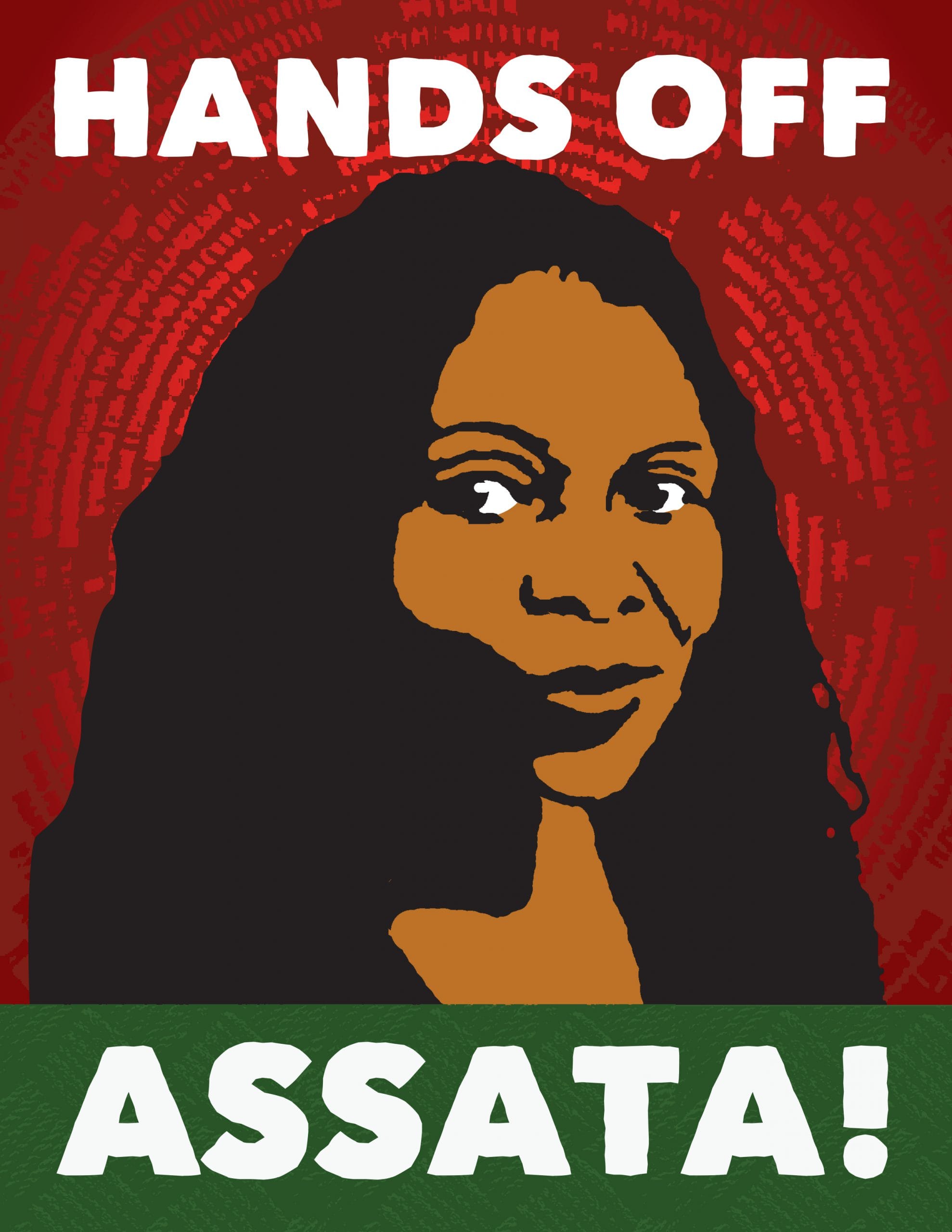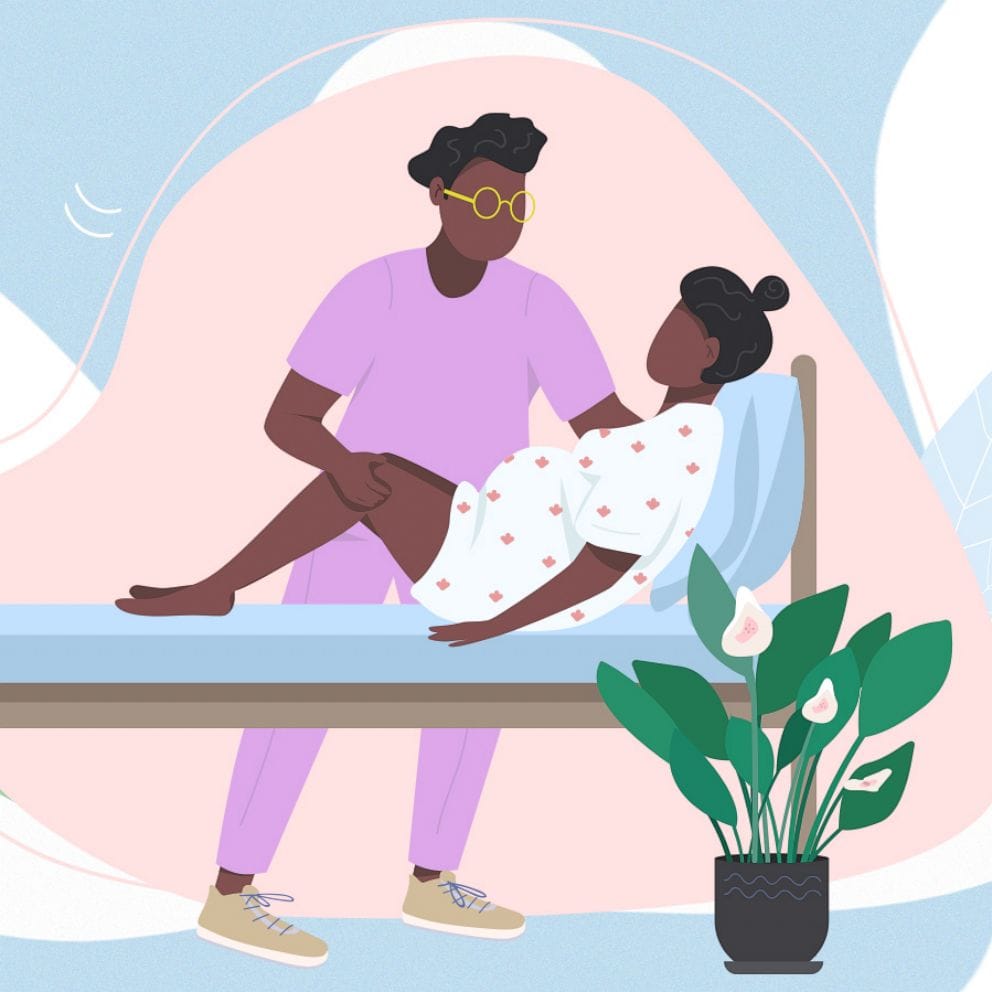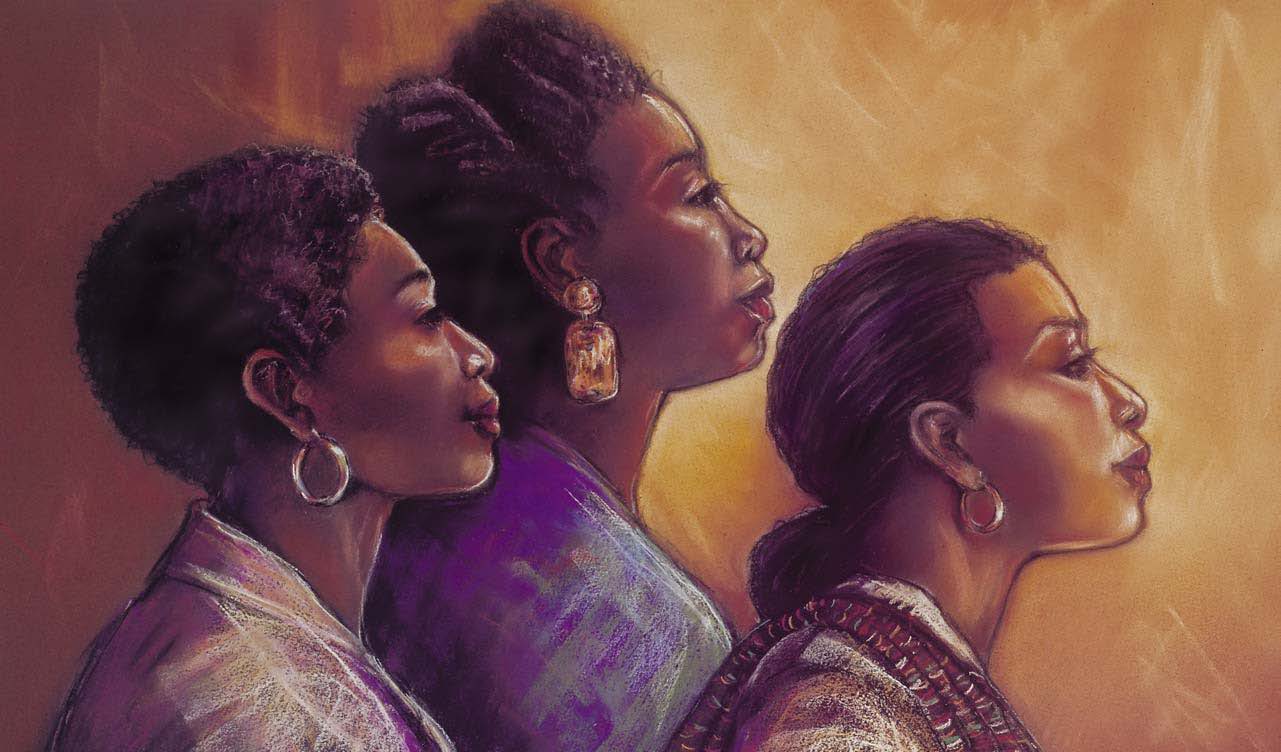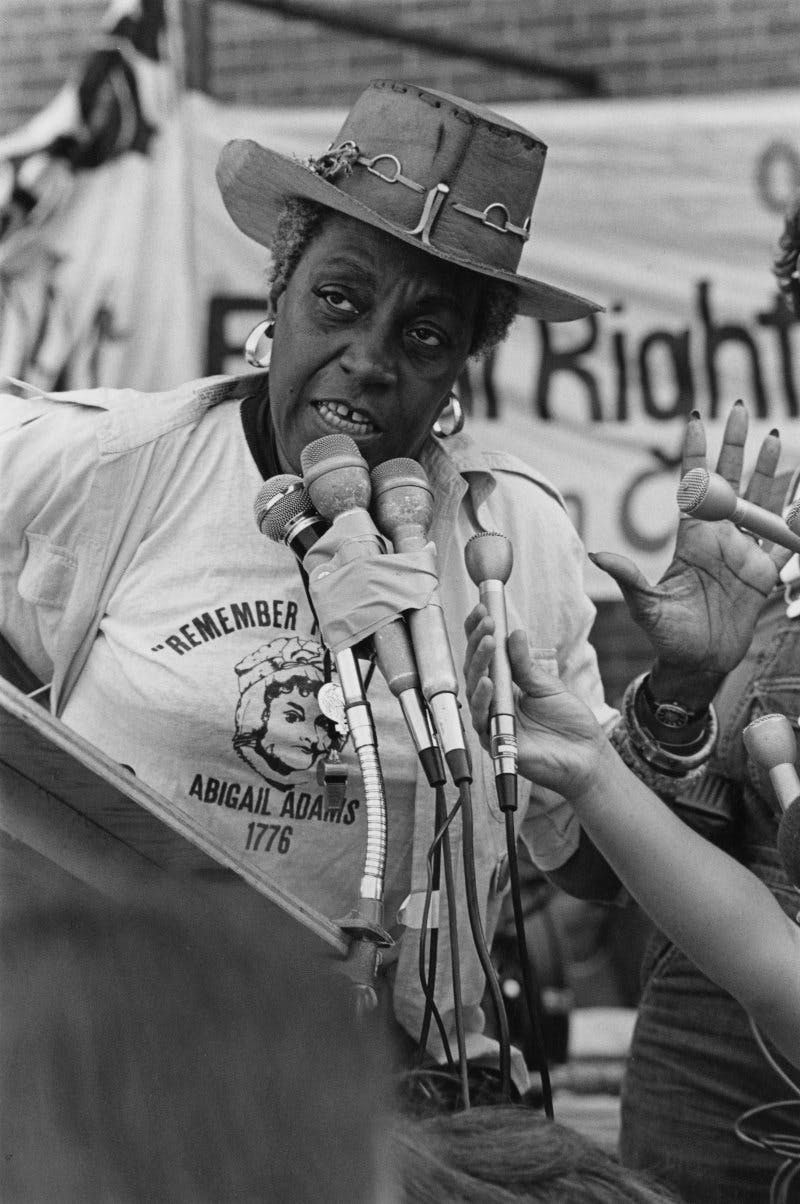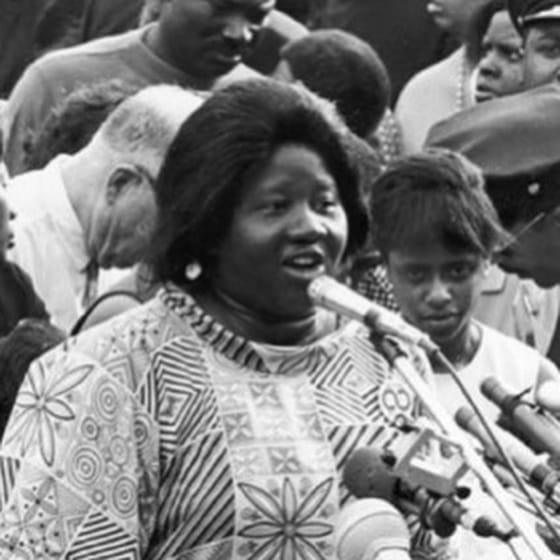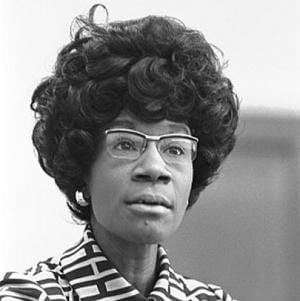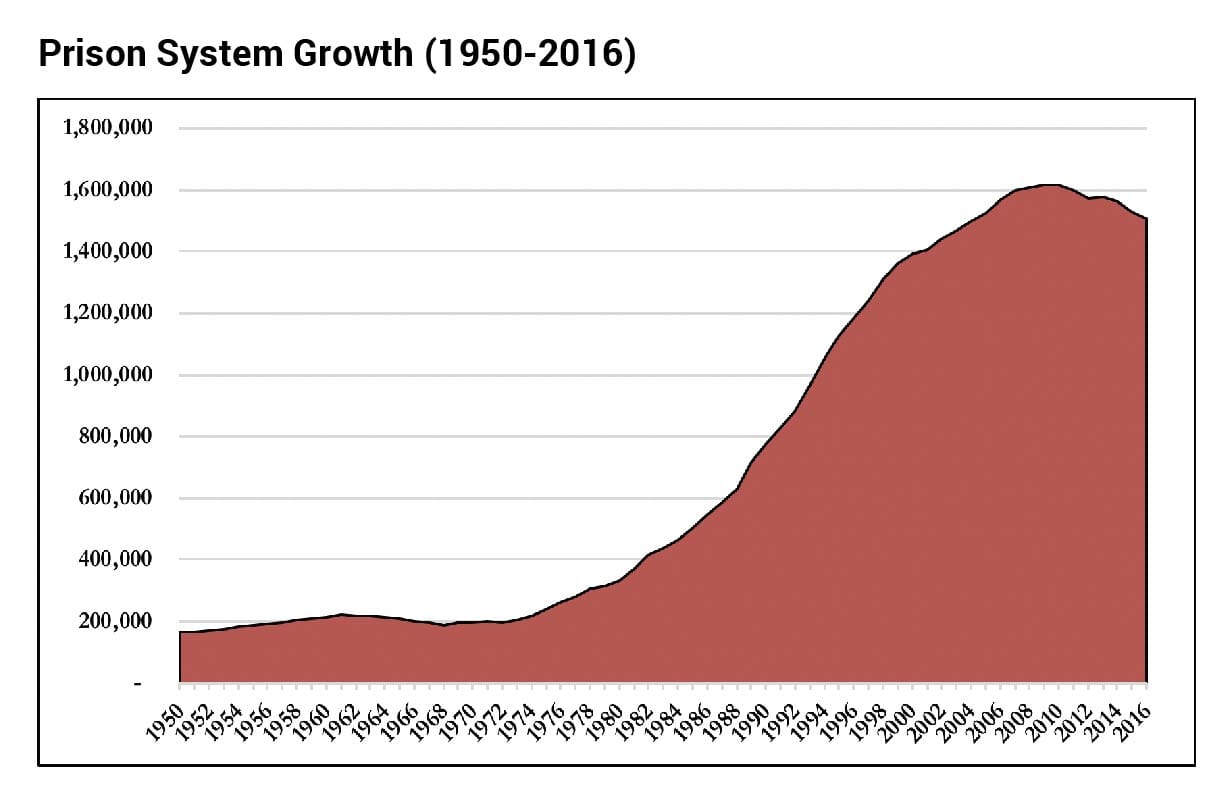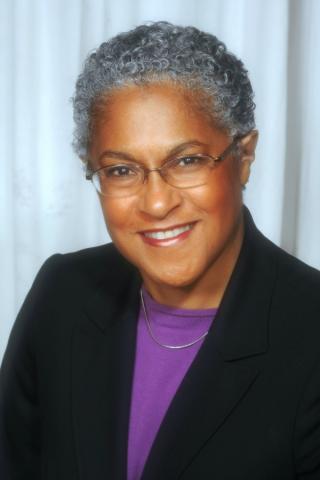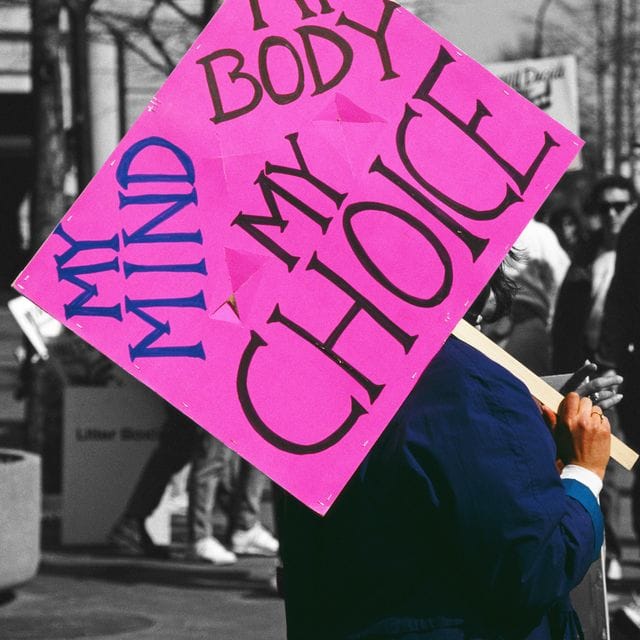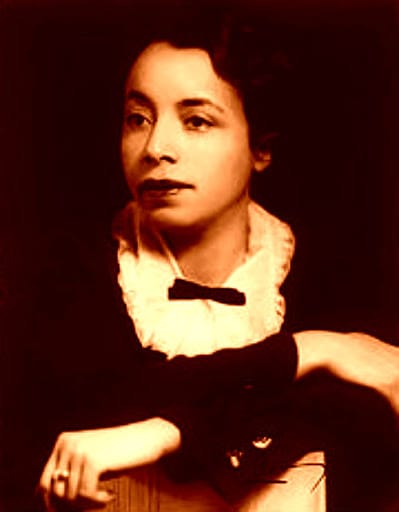In 1973, Assata Shakur was present at an altercation between the Black Liberation Army and Newark police, which resulted in the death of Assata’s friend, Zayd Shakur, and State Trooper Werner Foerster. In 1977, Assata Shakur was found guilty and sentenced to life in prison plus 30 years, despite there being evidence that proves her innocence. Her incarceration triggered cries to “Free Assata!”
Author: developer
Gainesville Women’s Health Center
On May 2, 1972, Byllye Avery, Joan Edelson, Judy Levy, and Margaret Parrish founded the Gainesville Women’s Health Center. The center provided affordable abortion services, sickle-cell anemia testing, and general preventative testing. The center also published a newspaper titled Sage-Femme that provided education on women’s health. In April 1976, the center hosted the Southeastern Women’s Health Conference, which has been referred to as “the most impressive event of the decade.” Speakers at the conference included Phyllis Chesler, Pauline Bard, Barbara Ehrenreich, and Rita Mae Brown.
Domestic Violence and Sexual Assault
During the 1970s, Black and brown women ramped up their organizing efforts against domestic violence and sexual assault. They stressed that anti-rape work must also be anti-racist and became frustrated with white feminists who thought differently. Through their organizing, they were able to shed light on a number of cases in which women were incarcerated for defending themselves against assault or rape. The first rape crisis centers were established in 1972; many of them were run by survivors and were grassroots in their nature.
Florynce “Flo” Kennedy
Florynce “Flo” Kennedy was a lawyer, and civil rights and women’s rights advocate. She founded the Media Workshop in 1966 to combat racism in media, represented Black Panther members in court, and founded the Feminist Party—which nominated Congresswoman Shirley Chisholm for president in 1972.
Johnnie Tillmon
Johnnie Tillmon was a welfare-rights activist who, in a 1972 article in Ms. magazine, asserted that “welfare is a woman’s issue.” She was the daughter of a migrant sharecropper and worked as a union shop steward in a Compton laundry. Tillmon was a leader and chairperson of the National Welfare Rights Organization (NWRO) before later becoming the executive director.
Shirley Chisholm
Shirley Anita Chisholm (1924–2005) was a politician, educator, and author. She was the first Black woman in Congress (1968) and the first Black woman to seek nomination for president of the United States from one of the two major political parties (1972).
Mass Incarceration
There are approximately 2.3 million people in United States jails and prisons, which means that the U.S. incarcerates more people than any other country in the world. One of the driving forces of mass incarceration was the War on Drugs, which resulted in the number of people who were incarcerated for drug-related offenses increasing from 40,900 in 1980 to 452,964 in 2017. Black people are disproportionately impacted by mass incarceration. For example, Black women are 1.7 times more likely to be incarcerated than white women.
Patricia Hill Collins
Patricia Hill Collins is an academic and social theorist who focuses on intersectionality by examining race, class, gender, sexuality, and nation. She is the author of several books that have become core Black feminist texts, including Black Feminist Thought: Knowledge, Consciousness, and the Politics of Empowerment and Race, Class, and Gender: An Anthology (Hyman, 1990).
My Body, My Choice
My body, my choice is a feminist slogan that promotes bodily autonomy and the right to have an abortion.
Louise Thompson Patterson
Louise Thompson Patterson (1901–1999) was an activist and professor who played a significant role in the Harlem Renaissance and the labor movement. Throughout her career, she fought against racial, economic, and gender exploitation. In the 1970s, she played an integral role in the movement to free political prisoners, including Angela Davis.
